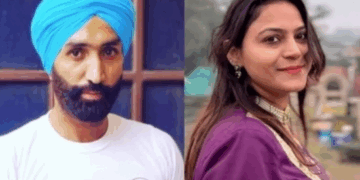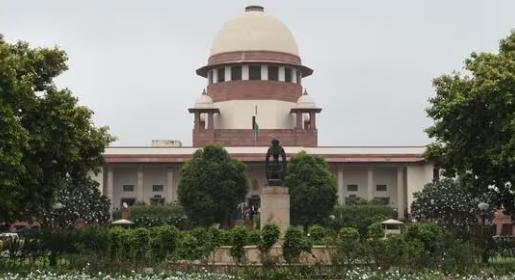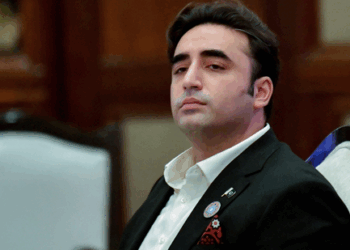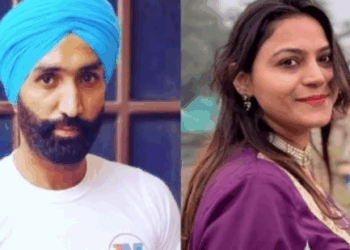The Supreme Court of India is set to witness a historic moment as the Centre has given its approval for the appointment of three judges from the Dalit community. This decision not only signifies a crucial step towards inclusivity but also marks the first time in the nation’s history that three judges from the Dalit community will serve concurrently in the highest judicial body.
The appointment of the three distinguished jurists is expected to bring a fresh perspective and a unique set of experiences to the Supreme Court, further enriching the diverse tapestry of the Indian judiciary. The move aligns with the principles of equality and representation, echoing the commitment to a judiciary that reflects the pluralistic nature of the nation.
In a statement released today, the Ministry of Law and Justice expressed its satisfaction with the selections and highlighted the candidates’ impeccable legal acumen, integrity, and commitment to upholding justice. The announcement has been met with widespread praise from legal scholars, activists, and members of the legal fraternity, who see this as a positive step towards dismantling historical barriers.
Legal experts believe that the inclusion of three Dalit judges will not only contribute to a more comprehensive understanding of the diverse issues that come before the Supreme Court but will also serve as an inspiration for aspiring legal professionals from marginalized communities.
Chief Justice DY Chandrachud, welcoming the decision, emphasized the importance of a judiciary that reflects the composition of the society it serves. “Diversity on the bench is crucial for ensuring justice that is not only blind but also sensitive to the varied experiences of our citizens. This is a momentous step towards achieving that balance,” remarked Chief Justice [Name].
The appointments come at a time when the judiciary is playing an increasingly vital role in shaping the socio-legal landscape of the country. With these additions, the Supreme Court aims to set a precedent for other institutions to follow, promoting inclusivity and diversity at all levels.
The swearing-in ceremony for the three new judges is expected to take place in the coming weeks, and it is anticipated to be attended by legal luminaries, policymakers, and representatives of various communities. As India continues to evolve, this significant move by the Supreme Court reflects a commitment to justice that knows no barriers.
The development has sparked discussions on the broader implications for diversity and representation in key institutions, fostering a sense of optimism for a more inclusive and egalitarian future for the Indian judiciary.








 India
India












